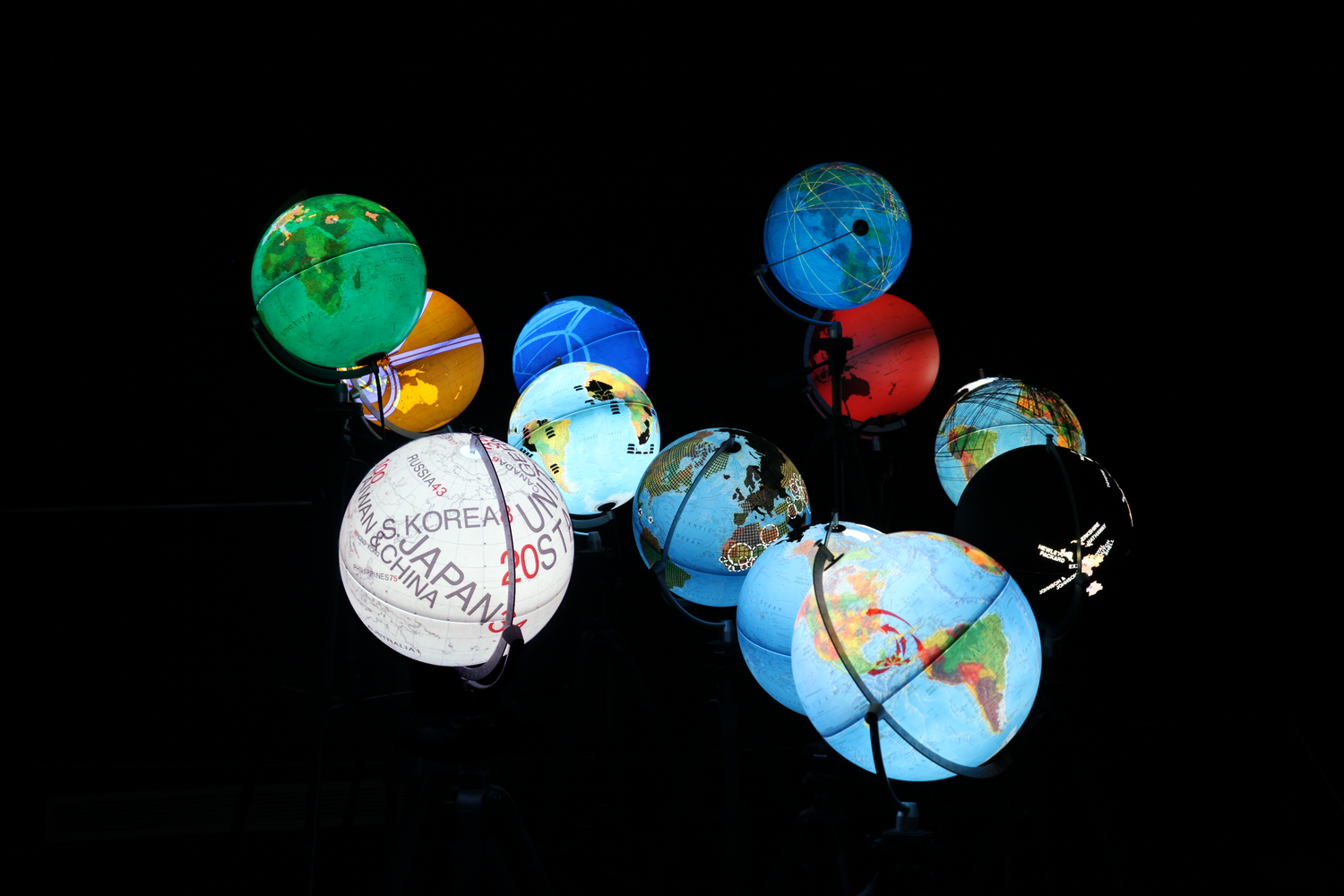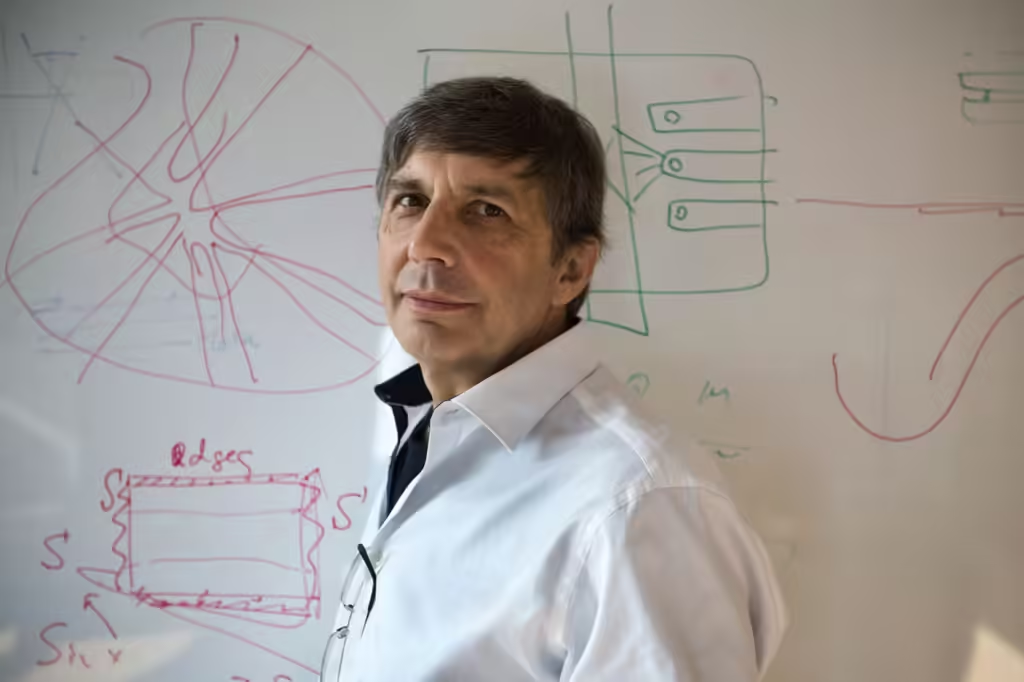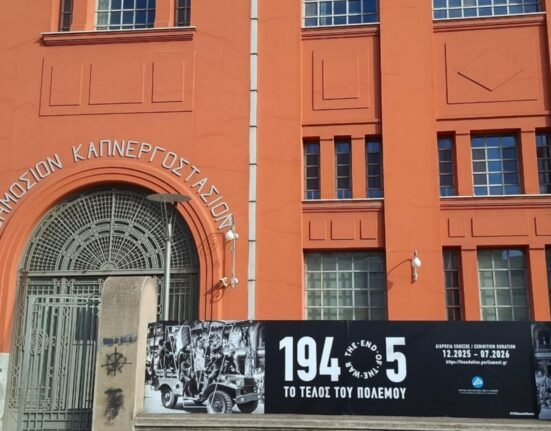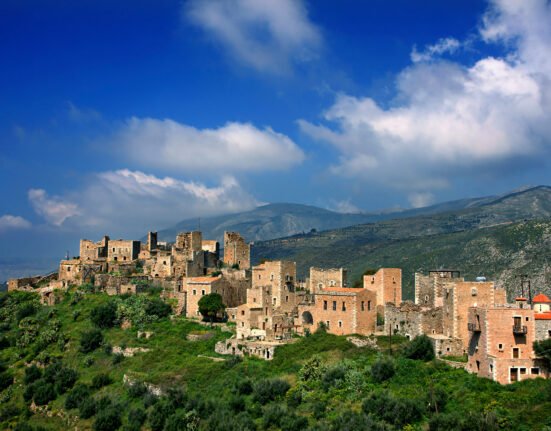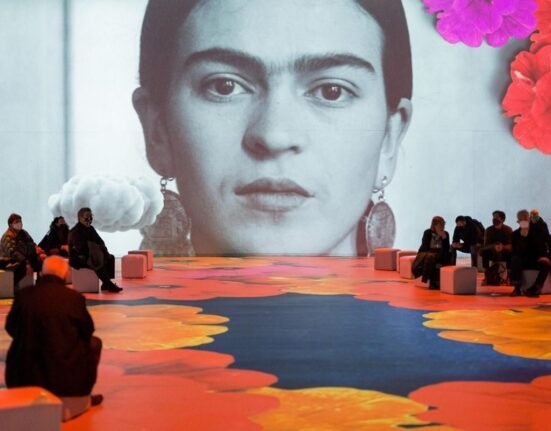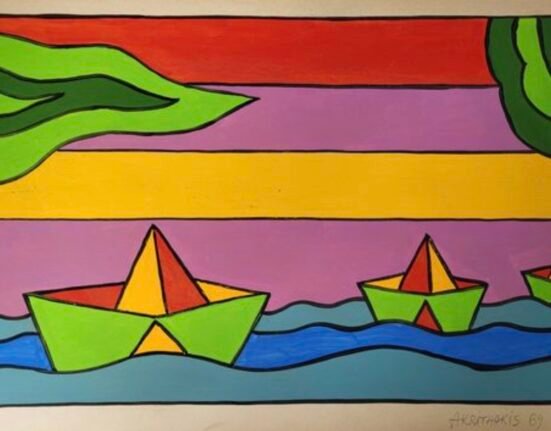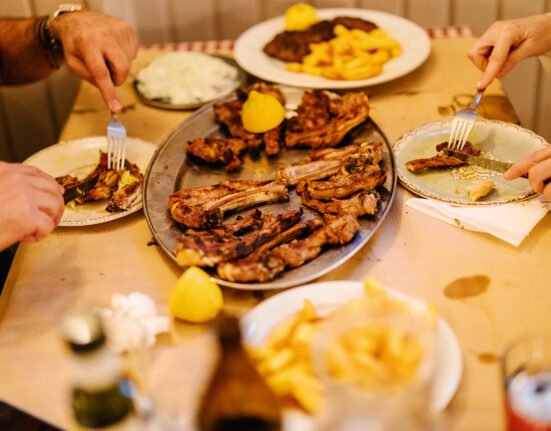Ah, the expat life in Greece! As you wander through the history-laden streets and absorb the rich tapestry of Greek culture, you may find that immersing yourself in this vibrant land offers so much more than just picturesque views. It provides a unique opportunity for significant personal and professional growth, driven by the proven interplay of international experiences and creativity.
A recent study titled “A Fascinating World of Different Cultures ” by C. Dominik Güss, Erica-Ann Peters, and Ma. Teresa Tuason, published in the Journal of Creativity, highlights the influence of international experiences on creativity and innovation, particularly among a remarkable group of individuals: 146 Nobel laureates awarded between 2008 and 2020. Through quantitative biographical analyses, the researchers found that many laureates had diverse international experiences that shaped their lives and work, including relocation, extensive travel during childhood, studying abroad, and intercultural marriages. This study supports previous research indicating that such experiences can broaden perspectives and contribute to enhanced creativity and scientific contributions.
The researchers specifically discovered that:
- 42% of these laureates traveled a lot with their families when they were kids.
- 24% studied in different countries from where they grew up.
- 25% moved to another country after finishing their Ph.D. to start their jobs at universities.
- 36% married someone from a different country.
Interestingly, the international experiences of Nobel laureates were on par with those of a group of 180 non-Nobel laureate professors. This suggests that living abroad can broaden perspectives for individuals aiming high, even without a prestigious award like the Nobel.
Through speeches and personal stories shared by the laureates, the researchers identified seven main themes related to their international experiences that helped shape the way Nobel laureates think and work, contributing to their creativity and success in their fields.
1. Belonging to a Multicultural Family
Many Nobel laureates grew up in multicultural households, where various customs and traditions were celebrated. This enriching environment gave them a unique worldview. For example, Bengt Holmström, the Nobel laureate in Economic Sciences in 2016, explicated, “I’m very grateful for the open, multicultural atmosphere that prevailed in our home.” When you embrace diversity in your family, you learn invaluable lessons about acceptance and appreciation—qualities that are crucial for personal growth.”
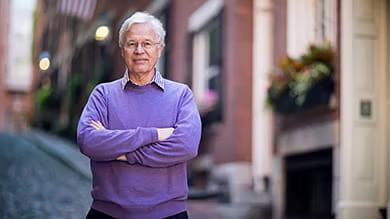
“I’m very grateful for the open, multicultural atmosphere that prevailed in our home.”
— Bengt Holmström, Nobel Prize Winner in Economic Sciences, 2016
Bengt Holmström. Photo Credit: Bryce Vickmark
2. Fostering curiosity by the family
Curiosity is a vital driver of innovation, and many laureates attribute their inquisitive nature to the supportive and stimulating environments in which they grew up. Nobel laureate Serge Haroche, the 2012 Nobel laureate in Physics, fondly reminisced about how his parents nurtured a love for reading and engaging discussions in a household enriched by a strong multicultural background. Similarly, Jennifer Doudna, one of the 2020 Nobel Prize winners in Chemistry, describes her family’s move from Washington, D.C., to Hawaii when she was seven as a catalyst for the development of her inquisitive mind. She reflects, “Growing up as a ‘haole’ (Hawaiian slang for a non-native), I felt really alone and isolated at school. This ‘outsider’ feeling drove me to take risks and prove doubters wrong, and later influenced my choices as a scientist … The ‘Big Island’ of Hawaii provided a rich palette of biological diversity that inspired my first questions about how so much diversity came to be.”
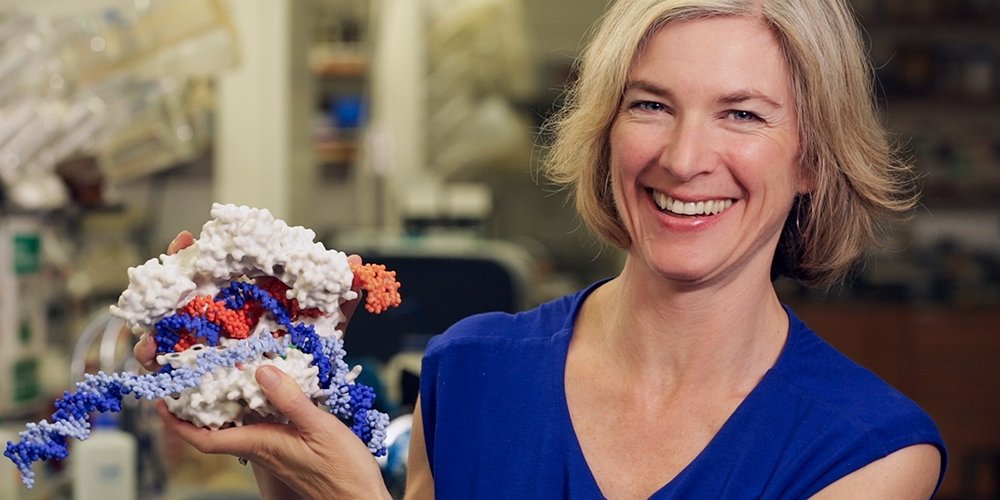
— Jennifer Doudna, Nobel Prize Winner in Chemistry, 2020
Jennifer Doudna. Photo Credit: UC Berkeley Research
3. Learning foreign languages
One of the biggest perks of expat life is the opportunity to learn new languages. Nobel laureates like Stefan W. Hell have shared how learning multiple languages not only opened doors to different cultures but also enriched their lives. George P. Smith, the 2018 Nobel Prize recipient in Chemistry, remarked on the significant impact of language education on his perspective, stating, “Three language classes at Andover were more memorable than American history: Latin, French, and senior English.”
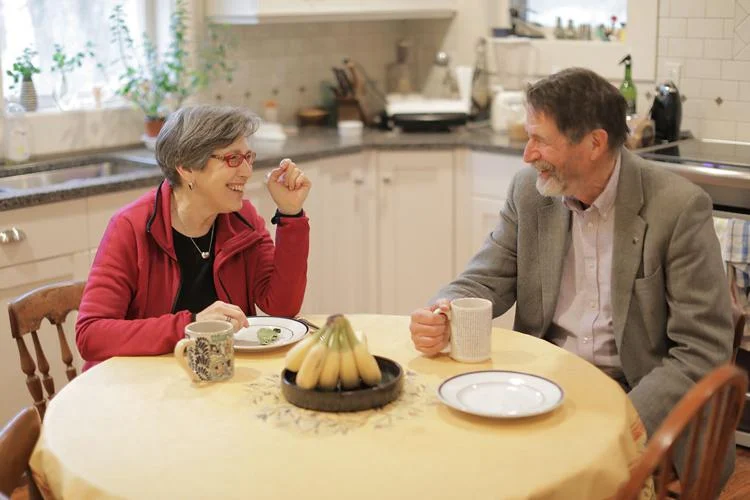
— George P. Smith, Nobel Prize Winner in Chemistry, 2018
George P. Smith and his wife, Margie Sable. Photo Credit: Jacob Moscovitch
4. Pursuing independence and academic freedom
For many Nobel laureates, the pursuit of independence and academic freedom is paramount, often influenced by their experiences abroad. For instance, Andre Geim, the 2010 Nobel Prize winner in Physics, underscores this point through his journey to the UK at a time when conditions in the Soviet Union severely restricted scientific inquiry. Reflecting on this pivotal moment in his career, he recalled, “I went for six months to the University of Nottingham in the UK. It was the first time I had spent any length of time abroad, and in that time, I managed to do work that would have taken 20 to 30 years in Russia.”
Professor Sir Andre Geim. Photo Credit: Colin McPherson
5. Navigating between cultural worlds
International experiences and the recognition of cultural differences can sometimes create internal conflict. Straddling various cultural worlds requires individuals to adjust their cognitive schemas and reach a compromise. Reinhard Genzel, the Nobel Prize winner in Physics in 2020, shared his story, stating, “Even after returning to Germany in 1987, the family considered Berkeley our real home; that sentiment being an important factor in my taking on a commitment as part-time professor in the UCB Physics department in 1999.” This sentiment underscores the lasting impact of his time in the U.S. Similarly, J.M.G. Le Clézio, the 2008 Nobel Prize winner in Literature, reflects on his multicultural influences, saying, “I’ve always felt very much from a mixed culture – mainly English and French, but also Nigerian, Thai, Mexican. Everything’s had its influence on me.” Both laureates illustrate how navigating between cultures enriches their perspectives and enhances their contributions to their respective fields.
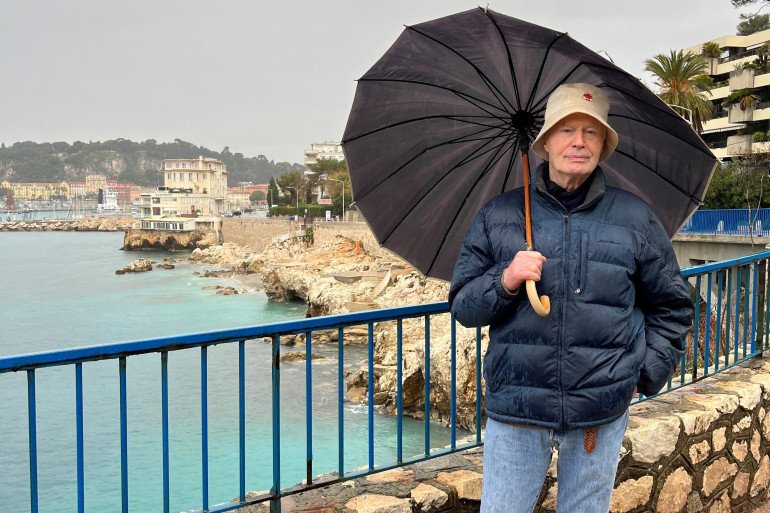
—J.M.G. Le Clézio, Nobel Prize Winner in Literature, 2008
Jean-Marie Gustave Le Clézio in Nice. Photo Credit: Bernard Lehut – RTL
6. Traveling as an eye-opening experience
Numerous Nobel laureates have discussed the significant role that travel has played in their lives. They share stories about how their journeys have influenced them and provide insights into the effects of travel on their personal experiences. In a 2019 interview for the BBC, Barack Obama, former U.S. president and 2009 Nobel Peace Prize recipient, was asked about the most memorable travel experience he has had and why. He stated, “I’m pretty well-travelled, so it’s hard to pick one. I think it’s fair to say that, for me, travelling now with my children is what’s most memorable. There’s something spectacular about seeing a place, experiencing a different culture, and being exposed to new ideas. Travel makes you grow.”

—Barack Obama, former U.S. President and 2009 Nobel Peace Prize Recipient
The Obama family on their way to vacation in 2016. Photo Credit: AP/Manuel Balce Ceneta.
7. Embracing cultural differences
Another vital lesson learned from Nobel laureates’ creativity is the importance of embracing cultural differences. Akira Suzuki, the 2010 Nobel laureate in Chemistry, who was raised in Japan, remarked on how interactions with diverse researchers expanded his understanding during his time as a post-doc in the USA. “In the USA, there were several other foreign researchers, and I was able to make many friends. The discussions I had with them opened up new worlds for me. When Japanese people are together, they can understand each other without saying anything, but I learned that when one is immersed in another culture, one has to say a lot to be understood. I also learned English. I recommend young people go abroad without hesitating. One learns a great deal—not just on a professional level or in one’s specialized area.”
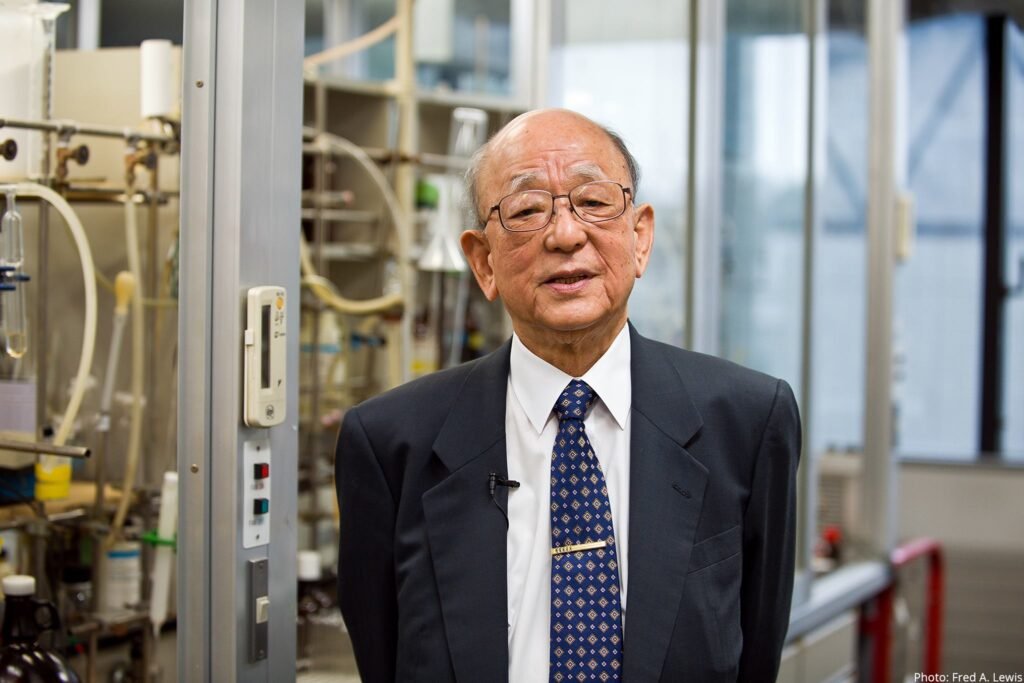
“I recommend young people go abroad without hesitating. One learns a great deal.“
—Akira Suzuki, Nobel Prize Winner in Chemistry, 2010
Akira Suzuki in his laboratory. Photo Credit: Nobel Media
Embrace the Transformative Power of Expat Life
The insights from Güss, Peters, and Tuason strongly indicate that living abroad not only benefits individuals but also transforms them. Nobel laureates share experiences that highlight how the rewards of international living extend beyond personal enjoyment; they sharpen creativity, nurture curiosity, and build resilience. As you immerse yourself in Greece’s rich cultural landscape, you can profoundly impact your worldview. By embracing the diversity around you, you create opportunities for personal and professional growth that will shape your future in remarkable ways. Seize this opportunity to redefine your path!
Source:
Güss, C. D., Peters, E.-A., & Tuason, M. T. (2025). “A fascinating world of different cultures.” International experiences and creativity in the biographies of Nobel laureates. Journal of Creativity , 35(1), 100093.


